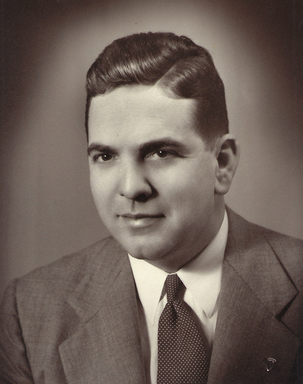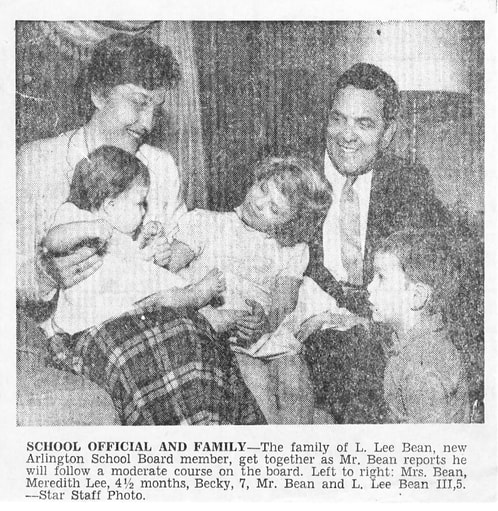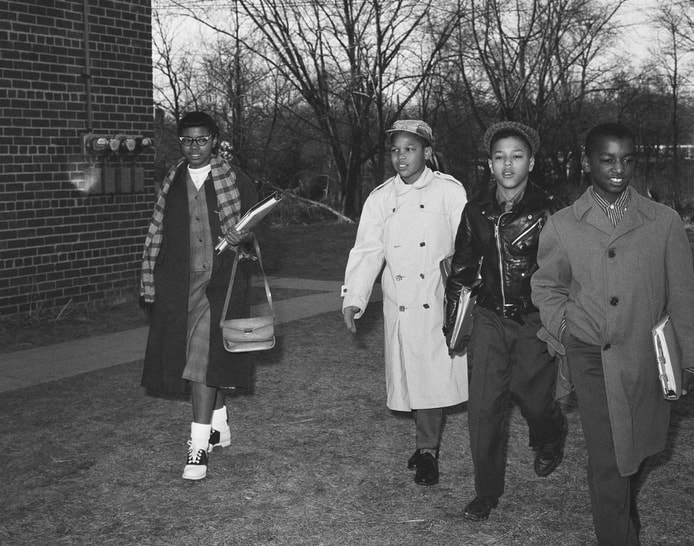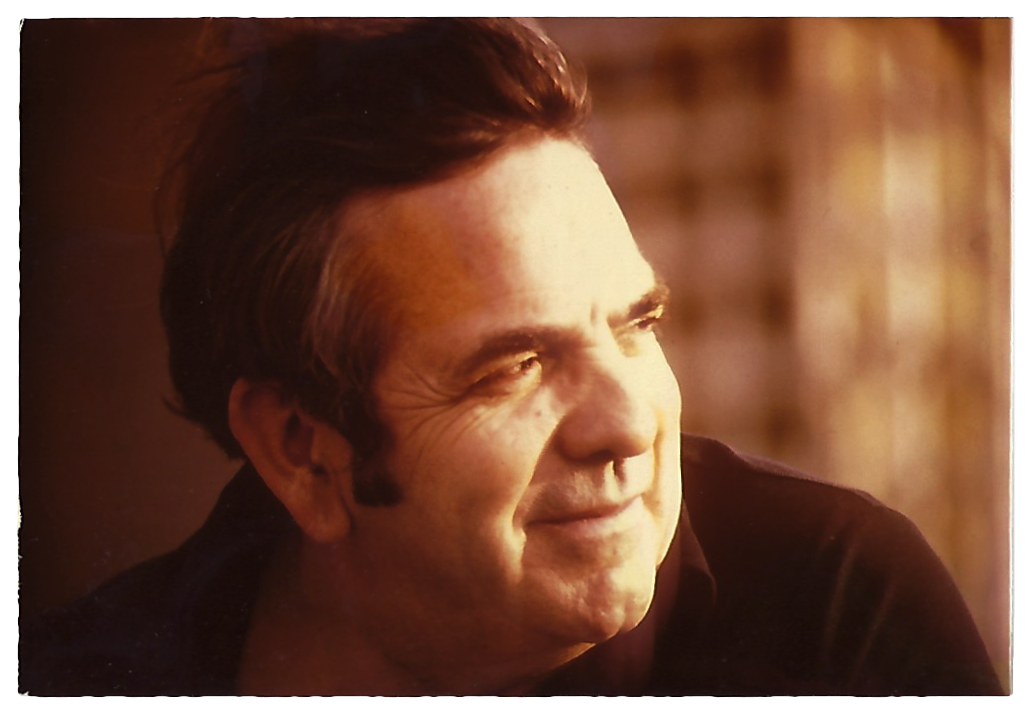 L. Lee Bean, Jr. L. Lee Bean, Jr. L. Lee Bean, Jr. was a wonderful father and an amazing man, but I didn’t know exactly how amazing until I was about 16... when I asked him about his role in the fight to integrate Arlington, Virginia Public Schools. The United States was experiencing huge and long-anticipated changes in the 1950s. And on May 17, 1954, the U.S. Supreme Court decided any law that had established segregated public schools was unconstitutional. Every public school in America was required to integrate. To no one's surprise, southern state's refused to comply with the Court. And thus began a painful stand-off. Virginia liked its segregation, thank you very much, and had Jim Crow laws in place to make certain every aspect of Black Americans' lives difficult: - Black public schools provided a sub-par education. - Black Virginians could only get sub-par housing, because it was hard for them to secure loans. - Black Virginians had difficult getting good jobs with good pay, because businesses were segregated and only saw them as "worthy" of low level jobs. And the list goes on (Visit "The Story of Segregation and Desegregation in Arlington" for further information). My father - known as Lee - was a successful practicing attorney in Arlington in the 1950s, and in 1957 he was elected to the Arlington, Virginia School Board (Another momentous event that year was the birth of his third child, Meredith). Arlington Democrats liked Lee, because he was known as an intelligent moderate and an all around great guy. But Democrats' opinion didn't count for much. Republicans held the majority of powerful Arlington positions. They, too, wanted my father on the Board for the reasons listed as above, but they knew that if school desegregation came up, Lee was unlikely to wander off and make an "anti-Republican" votes. They had an ace up their sleeve: if Lee voted with the U.S. Supreme Court for integration, he'd immediately break Virginia State law and lose his license to practice. Hence Republicans were absolutely positive he'd keep things just the way they were. The issue came up in 1959. There were five members on the Arlington School Board that year - two ready to vote for, two against and my father - smack in the center. When the vote came up, L. Lee Bean, Jr. voted with the U.S. Supreme Court for integration. After that, our family received death threats and my father waited to lose his law license. But he never did. Arlington's decision was the first domino, and Virginia began a massive change. Years later, my father told me the whole story. And I asked him why: why with all that danger and tension he went ahead and cast the swing vote to integrate Arlington Public Schools, and he paused. Then he said, "It was a matter of justice". He lived his whole life that way, so I understood. And I'm deeply grateful to have been his daughter. RESOURCES:
3 Comments
Oscar Bean
12/7/2021 09:49:44 pm
Your father and my father were Bean lawyers, cousins, and friends. Charles, "Bus" Bean was also a contemporary lawyer cousin. I met your father when he, Bus Bean and my father, Ralph J. Bean, visited my grandfather, M. A. Bean, in Moorefield. My father (who passed in 1978) thought highly of Lee. There is a picture - somewhere in my family - of the three Bean lawyers together. Your Grandfather, of the same name, was an Assistant Cashier at the Hardy County Bank, in Moorefield. He moved to Florida before the advent of WWI. A good thing! The Hardy County Bank would become insolvent during the great depression. All of the best. Oscar M. Bean
Reply
12/7/2021 10:01:17 pm
Oscar -
Reply
12/8/2021 09:53:41 am
By the way, I have a PDF of "The Bean Family of Hardy County West Virginia" which is fascinating. Compiled by Josephine Bean Wilson in August of 1917. If you'll pass me your email address, I'll send it over! Leave a Reply. |


